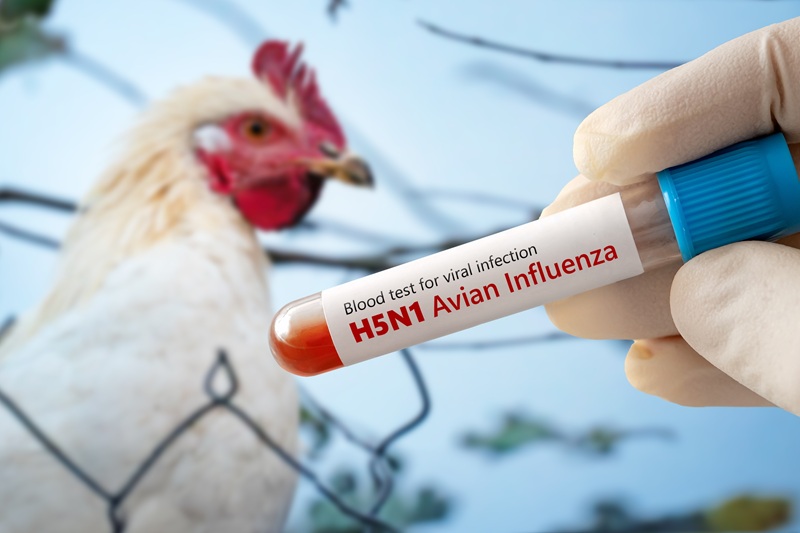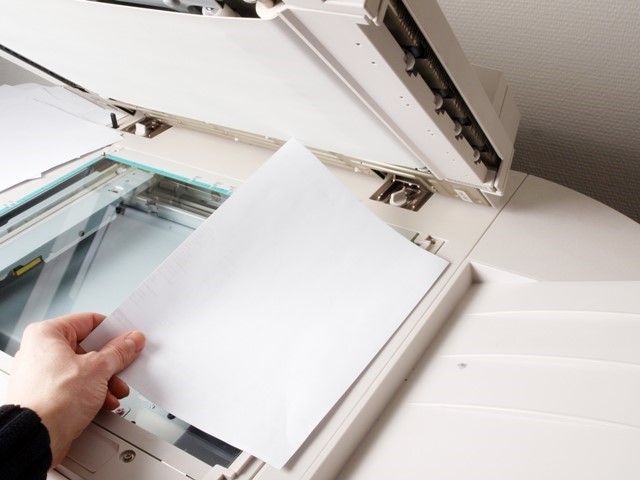
Ministry of Agriculture confirms avian flu ca...
read more

Background
Last September, the federal government sanctioned Law 13,874/2019 to promote open economy, enabling free market and enterprise and fostering a friendly legal framework to individual entrepreneurs and companies operating in Brazil, which occupies the 124th position (out of 190) in the World Bank’s ease of doing business ranking.
Among its various provisos for bringing commerce and trade into the digital age – and cut red tape –, the so-called “Economic Freedom Act” establishes the right to use, transmit and archive any microfilmed or digitised document with the same standing and legal value of the physical document. Its implementing regulation, Decree 10,278/2020, published on 18 March 2020, standardises the technique and legal requirements for digitising analogic material and submitting private and public documents signed and certified under Brazilian public-key infrastructure standards.
Digitised original B/L for cargo delivery
The Brazilian Civil Code and customs regulation (Normative Instruction IN SRF 680/2006) require the presentation of the original bill of lading, among other mandatory documents, as a condition for the customs authorities to permit the cargo clearance and delivery by the customs-bonded terminal (bailee) to the consignee.
On 24 March 2020, the General Coordination of Customs Administration (COANA) clarified, through press releases (Import 017/2020 & Import 018/2020) that a digitised version of an original B/L, formatted in accordance with the regulation, has the same legal effects as the original paper document. Other documents required in the cargo clearance process, such as commercial invoice, packing list and certificate of origin, may also be transmitted electronically to the customs and other intervening authorities.
Therefore, the certified tendering of a digitised B/L to the bailee meets the documentary requirements for cargo release and allows the consignee to complete the formalities before the Customs and take delivery.
The use of digitised Bs/L does not alter the carrier’s ability to place a lock in the customs single-window systems to inform the customs authority and the bailee that the freight has not been paid to halt the cargo delivery process.
Electronic x digitised bill of lading
Digitised bills of lading do not resemble the electronic Bs/L issued under the paperless trading systems and platforms approved by the International Group of P&I Clubs (IG), or the electronic Bs/L used in the carriage of goods within Brazil, better known as CT-e.
Document storage and disposal
After scanning and digitisation, the physical document may be discarded, unless it has historical value; however, the digitised version must be stored, in any medium, for the duration of the limitation period applicable to the document. While the obligations under a bill of lading are ordinarily subject to a time bar of one year, the tax regulations require the importer and bailee to keep the relevant documents, including the B/L, for five years, counting from the calendar year after that in which the cargo entered the country.
Conclusion
The Economic Freedom Act introduces useful measures to reduce bureaucracy for citizens and companies and to facilitate the interchange of information with public authorities. The regulation for digitising documents, in particular, is undoubtedly a good step towards a paperless workplace that will significantly help businesses to free up space (and save money), as they no longer need to store large volumes of paperwork that can now be safely discarded.
Digitally scanned documents have already been used in customs-related procedures long before the digitisation of paperwork was eventually regulated by law; thus, we understand that the use of original B/L digitised in the form of the regulation will not expose carriers to liabilities that would not arise under a physical original B/L.
Please read our disclaimer.
Related topics:
Rua Barão de Cotegipe, 443 - Sala 610 - 96200-290 - Rio Grande/RS - Brazil
Telephone +55 53 3233 1500
proinde.riogrande@proinde.com.br
Rua Itororó, 3 - 3rd floor
11010-071 - Santos, SP - Brazil
Telephone +55 13 4009 9550
proinde@proinde.com.br
Av. Rio Branco, 45 - sala 2402
20090-003 - Rio de Janeiro, RJ - Brazil
Telephone +55 21 2253 6145
proinde.rio@proinde.com.br
Rua Professor Elpidio Pimentel, 320 sala 401 - 29065-060 – Vitoria, ES – Brazil
Telephone: +55 27 3337 1178
proinde.vitoria@proinde.com.br
Rua Miguel Calmon, 19 - sala 702 - 40015-010 – Salvador, BA – Brazil
Telephone: +55 71 3242 3384
proinde.salvador@proinde.com.br
Av. Visconde de Jequitinhonha, 209 - sala 402 - 51021-190 - Recife, PE - Brazil
Telephone +55 81 3328 6414
proinde.recife@proinde.com.br
Rua Osvaldo Cruz, 01, Sala 1408
60125-150 – Fortaleza-CE – Brazil
Telephone +55 85 3099 4068
proinde.fortaleza@proinde.com.br
Tv. Joaquim Furtado, Quadra 314, Lote 01, Sala 206 - 68447-000 – Barcarena, PA – Brazil
Telephone +55 91 99393 4252
proinde.belem@proinde.com.br
Av. Dr. Theomario Pinto da Costa, 811 - sala 204 - 69050-055 - Manaus, AM - Brazil
Telephone +55 92 3307-0653
proinde.manaus@proinde.com.br
Rua dos Azulões, Sala 111 - Edifício Office Tower - 65075-060 - São Luis, MA - Brazil
Telephone +55 98 99101-2939
proinde.belem@proinde.com.br